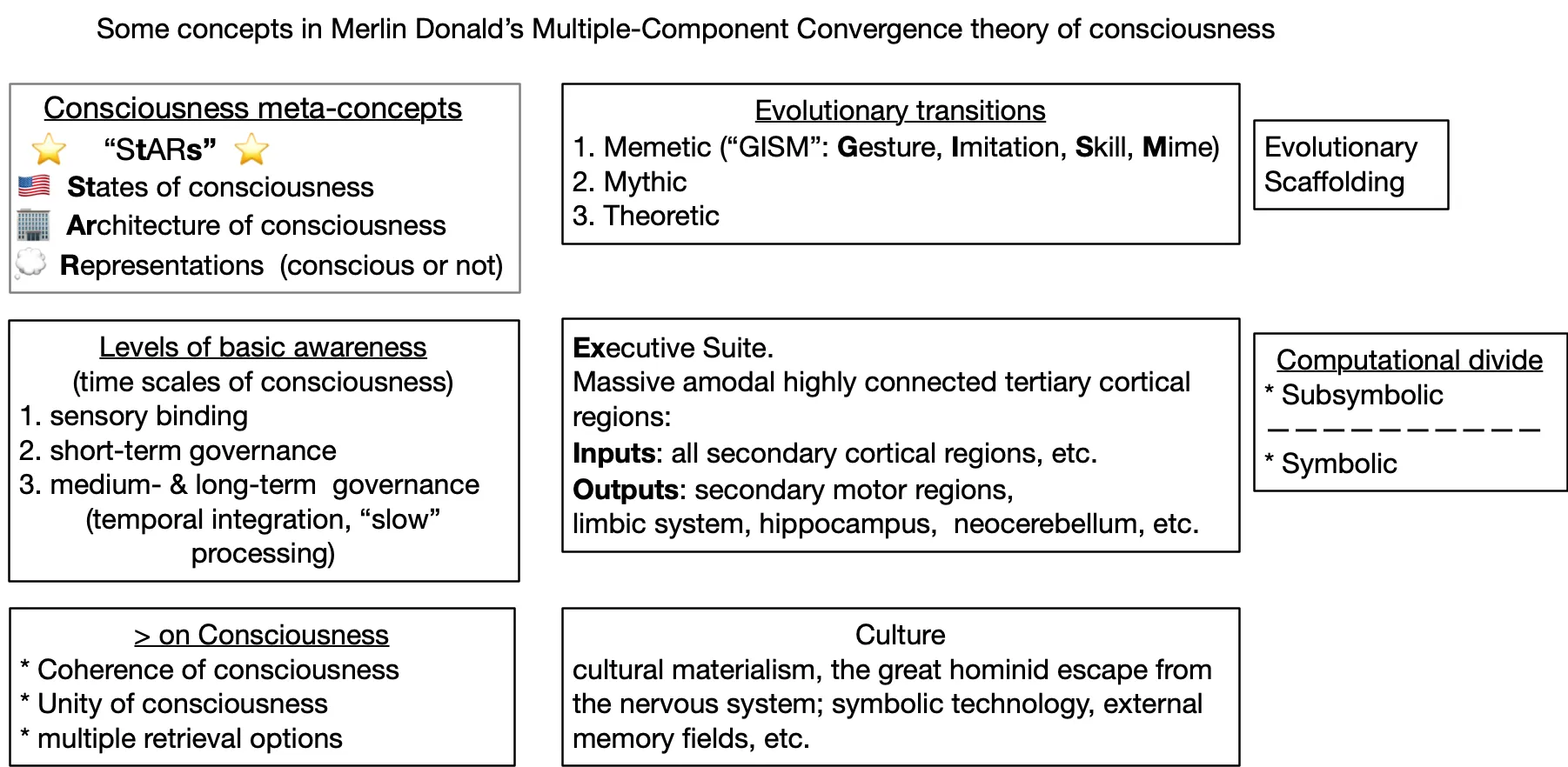Preface
This epistolary essay was written in 2014 (with some later updates) as a response to Lam Wong’s 21 Elements: Relation, Perception and Meaning painting exhibition of Sept. 2014 in New Westminster. I blogged about the exhibition prior to writing this essay.
In 2014, Lam Wong’s 21 Elements: Relation, Perception and Meaning book was published. That book contains photos of all the paintings in his exhibition. A chapter of 21 Elements, written by Lam, which includes pictures of several of the paintings from his book, are available in this PDF.
Photos of the paintings from 21 Elements are available on Lam’s website.
A version of the essay below appears in the second edition of 21 Elements, published in 2022. That’s a limited edition print.
A version of the essay below, interleaved with photos of the paintings, will appear in Discontinuities: Love, Art, Mind. The letter reflects many of the themes of Discontinuities, including, of course, affective epistolary communication.
Contents
- Attentively developing expertise through time
- N-ary relations in art and meta machinery
- Perception: The construction of conjectures
- Rational faith and love in the dark
- Language of cognitive-affective mind
- Perturbance: Loss of control of mental processing of motivators
- Attachment, acceptance, love and happiness
- Universality of affect
- Using visual art to improve ourselves
- Consciousness, the great integrator (or integration)
- To the tune of Kevin Shield’s Goodbye
Meta-painting & Science of the Human Mind: An Epistolary Response to Lam Wong’s 21 Elements
Shadows of shadows passing. It is now 1831, and as always I am absorbed with a delicate thought. It is how poetry has indefinite sensations, to which end music is an essential. Since the comprehension of sweet sound is our most indefinite conception, music, when combined with a pleasurable idea, is poetry. Music without the idea is simply music. Without music or an intriguing idea, colour becomes pallor, man becomes carcass, home becomes catacomb, and the dead are but for a moment motionless. Edgar Allan Poe
Dear ______,
I had the pleasure of attending, on several occasions, Lam Wong’s 21 Elements: Relation, Perception and Meaning exhibition and of discussing his art with him. As a result, I am moved to share my reflections with you.
Continue reading Meta-painting & Science of the Human Mind: An Epistolary Response to Lam Wong’s 21 Elements

